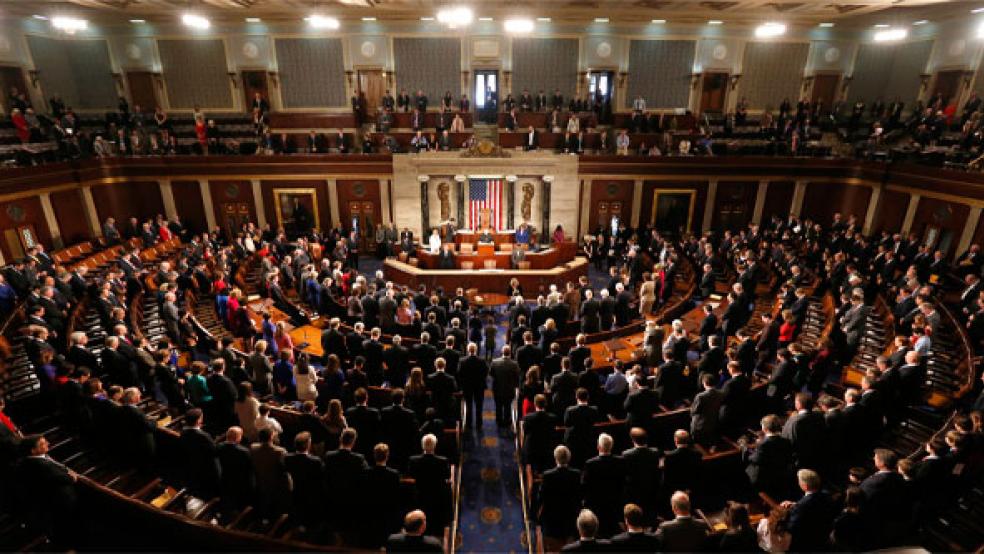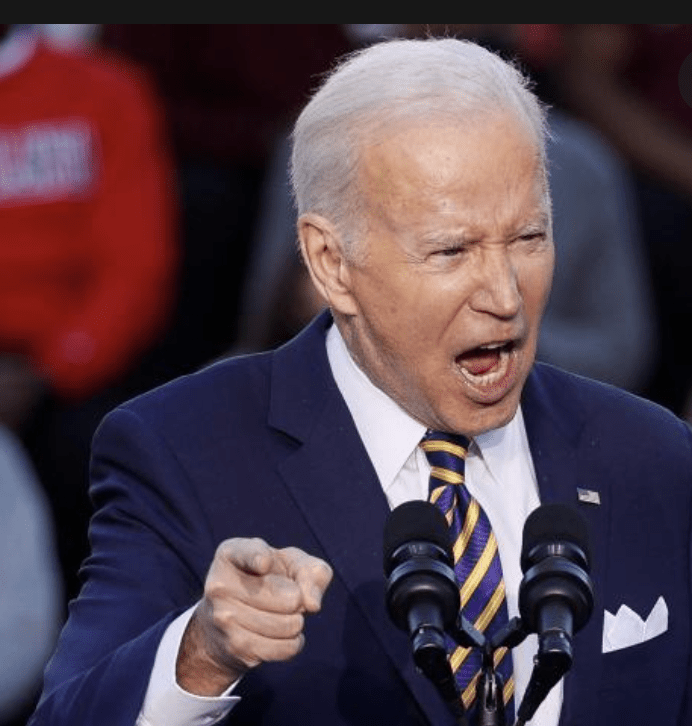U.S. Politics
Because You Asked: What Is the Significance Of What Occurred Last Week In The Senate?

An ATP Report Production – on this episode Barry Nussbaum explains how the senate rules were changed to allow the Gorsuch confirmation and why the senate will never be the same
Welcome to this segment of Because You Asked, I’m Barry Nussbaum.
The GOP Senate leadership changed the rules last Thursday allowing a cut off of the Democrat filibuster which was blocking the Neil Gorsuch confirmation to the Supreme Court. History was then made on Friday. For the first time in the United States, senatorial history a filibuster was canceled with less than 60 votes allowing for a confirmation of a Supreme Court nominee. Today on Because You Asked, I will answer, “what is the significance of what occurred last week in the Senate?”
First, what is so significant about the tradition of the filibuster in the U.S. Senate? There are many great reasons for the existence of the Senate filibuster, the unique right of a minority of 41 Senators to deny a vote on most matters in the upper congressional chamber. Its creation stemmed from the laudable goal of forging, or perhaps forcing, consensus in the Senate by promoting the need for a super majority. In doing so, it wisely preserved the unique institution of the Senate, often called the greatest deliberative body in the world, and led to the passage of laws based on broad national ideals. By protecting the representational rights of the minority party in our government, the filibuster guarded the interests not just of the majority in the states electing the minority of Senators, but of the minority in states represented by the majority of Senators. The filibuster prevented a single faction within our nation, temporarily in power, from imposing its will upon everyone else. It also stopped political elites from saddling more government upon an unwilling people for their own economic benefit. By dispensing with the filibuster for executive appointments when it was to their advantage in 2013, under then Senate majority leader Harry Reid, the way was paved for the Friday vote!
So, how did the GOP defeat the Democrat filibuster last week? By invoking the nuclear option, invented by former Senate majority leader Democrat Harry Reid in 2011, which allows for a rule change down to 51 yes votes from the normal 60 requirement. Dems used it to prevent a GOP filibuster and ram thru approvals of their judge picks during Obama’s terms for U.S. courts below Supreme Court level.
For the first time, last week the rules were changed to allow approval for a Supreme Court justice with less than 60 votes. Was the Democrat filibuster inevitable? No! In fact, this was the first one of this kind in the history of the Senate. Senators had never filibustered to block a Supreme Court nominee ever before. The Senate plowed Tuesday toward a historic and bitter showdown over President Trump’s Supreme Court nominee, with a parade of lawmakers taking to the senate floor to deliver politically charged speeches for and against the President’s pick as a final vote neared. There was no sign of compromise as the chamber formally opened debate on Judge Neil Gorsuch, who Senate majority leader Mitch McConnell (R-KY) guaranteed would be confirmed on Friday before Senators left town for the two-week Easter recess.
In a speech on the Senate floor, McConnell faulted Democrats for “hurtling toward the abyss” and “trying to take the Senate with them.” He urged them to “reconsider” their tactics. “It appears as if cloture will not be invoked, but we’ll find out on Thursday” (cloture means cutting off the filibuster by mustering 60 votes to prevent delaying the vote), McConnell later told reporters, referring to an expected democratic blockade of the federal appeals court judge. “But either way, we’ll be moving toward confirming Judge Gorsuch.” Only four Democrats sided with Republicans to break that blockade and move to consider Gorsuch on the Senate floor.
How will the Senate be changed forever since the nuclear option was invoked? The overall Democratic obstruction compelled GOP leaders to eliminate the 60-vote requirement for Supreme Court nominees and allow confirmation of Gorsuch with a simple majority vote. The partisan standoff underscores the sharp polarization that has seized Congress less than three months into Trump’s presidency. Senate Democrats angered by Trump’s policies, and McConnell’s refusal to consider Merrick Garland, President Barack Obama’s Supreme Court nominee last year, have united against Gorsuch, clinching enough votes to block him earlier this week. It also heralds a potentially more contentious climate in the Senate, which traditionally has allowed the minority party to exert a powerful voice in debate over key nominations and legislation — unlike in the House. Senate Democrats changed the rules in 2013 to permit executive-branch nominees and federal judges to be approved by a simple majority, with the critical exception of Supreme Court selections. But doing away with the 60-vote barrier eliminated the minority party’s historic influence over who the president nominates to the high court and significantly decrease its ability to help exercise a check on the executive branch.
Gone, or at least badly damaged, will be the idea that the Senate is fundamentally different in its operations than the House. The Senate has now turned into the House. The upper chamber, like its House brother, is not in a place where majority makes might — and where the idea of reaching across the aisle is essentially a non-starter. That’s likely to suit the bases of both parties perfectly fine. Each has preferred confrontation to compromise for a very long time now. The problem, of course, is that the Senate was envisioned by our founders as being a different sort of institution than the House, one less subject to the partisan winds, and therefore more able to act as a sort of check on the actions of the lower chamber. A major part of that vision has now died because McConnell invoked the nuclear option last week. The Senate won’t be the same Senate anymore.
Thanks for this great question! Please keep your questions coming to American Truth Project and our social media on facebook or twitter. If we select your question you will get a special gift! You can also write to me directly by sending me an email to: barry@3xu.0c4.myftpupload.com. And go to our website where you can sign up to be on our mailing list so you never miss an important episode. We’re here to answer your urgent questions because you asked, I’m Barry Nussbaum.










